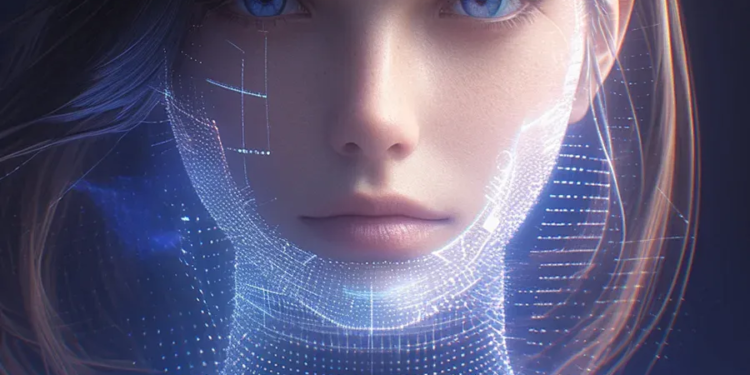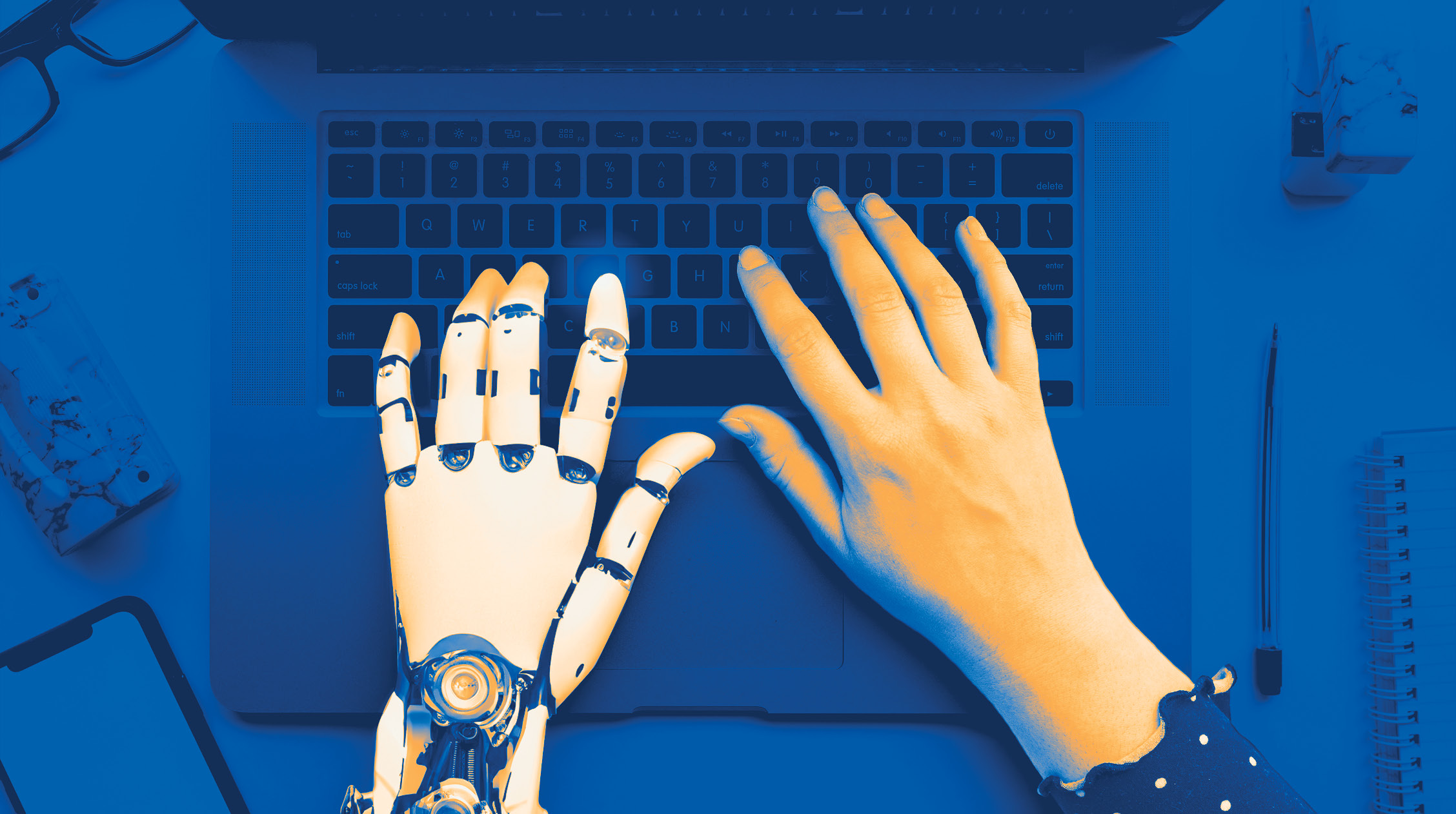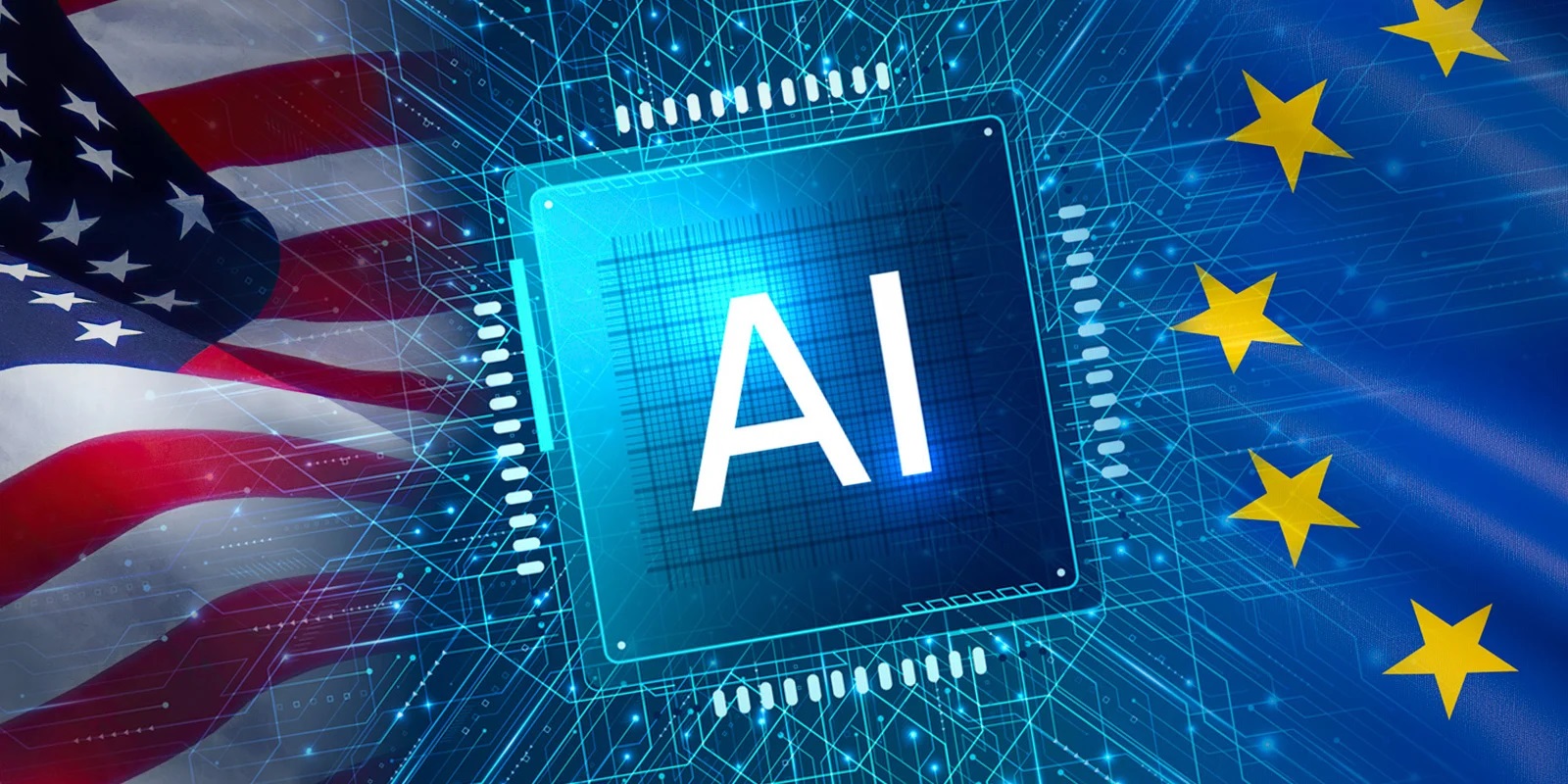Forging romantic connections with AI is emerging as a novel trendsetter in the contemporary era.
The relationship between humans and AI is no longer confined to the realms of science fiction. With the AI market projected to surpass $400 billion by 2025, the integration of AI into our daily lives has become inevitable.
In this era of transformation, AI is reshaping social interactions and even redefining the way we experience love and affection. As technology continues to advance, the dynamics of human-AI relationships are also evolving.
With virtual assistants and chatbots capable of simulating meaningful human interactions, the development of AI has transcended mere functionality. It seems that humans not only establish deep emotional connections with AI but can even experience romantic love for it.
Research has identified two reasons why individuals might fall in love with AI systems:
- The allure of anthropomorphism
When AI exhibits behaviors, reactions, and conversational styles that evoke human personality traits, people perceive it as having its own unique character. This can include qualities such as empathy, humor, kindness, or even coquettishness, which naturally elicit emotional attachment and fondness.
Furthermore, AI interfaces often incorporate design elements that mimic human social cues and gestures, such as facial expressions, intonation, and body language.
Anthropomorphism appears to blur the boundaries between humans and machines. Over time, through dialogues and interactions with AI, individuals may begin attributing human-like intentions, motivations, and emotions to the technology.
- Triangular theory of love
A study in 2022 exploring human-AI relationships referred to the triangular theory of love, suggesting that romantic love is a combination of intimacy, passion, and commitment, which can potentially be experienced in the context of AI systems.
According to this theory, "perfect love" represents an ideal form of love characterized by high levels of all three components. Researchers suggest that due to impressive cognitive and emotional capabilities of AI, users can develop feelings of intimacy and passion towards AI. These emotions can also strengthen their commitment to long-term engagement with AI.
On the other hand, AI emotional companionship is gradually gaining mainstream attention. With the emergence of applications like Replika, Woebot, and Character. AI, the AI chatbots designed as companions have become powerful tools for coping with loneliness and social isolation.
These AI companions not only offer companionship and support but can also positively impact users' mental well-being in certain cases. For example, a study published in the journal Nature revealed a reduction in suicidal thoughts among users of the Replika.
Whether AI can truly be considered as a form of love is perhaps not the most important question. What matters is how we find emotional solace and a sense of belonging in this rapidly evolving era of technology.








